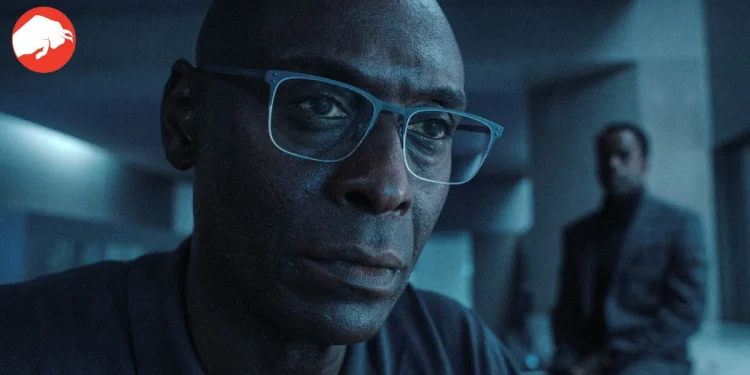The Unfair Backlash: Why Netflix’s Resident Evil Deserved Better
When Netflix’s Resident Evil series dropped, it was met with a collective groan. The series was canceled almost immediately after its premiere, and the gaming community used it as a punchline more often than not. “Like countless streaming exclusives that didn’t break enough records in one day, Netflix’s Resident Evil was canceled almost immediately after its premiere,” sums up the general sentiment. But let’s pump the brakes for a second. Was the show really that bad, or did it just fall victim to the impossible expectations of a fanbase that’s notoriously hard to please?
“Netflix’s Resident Evil wasn’t an overlooked masterpiece. The series had glaring flaws, and it’s easy to see why it didn’t click with audiences,” says one critic.
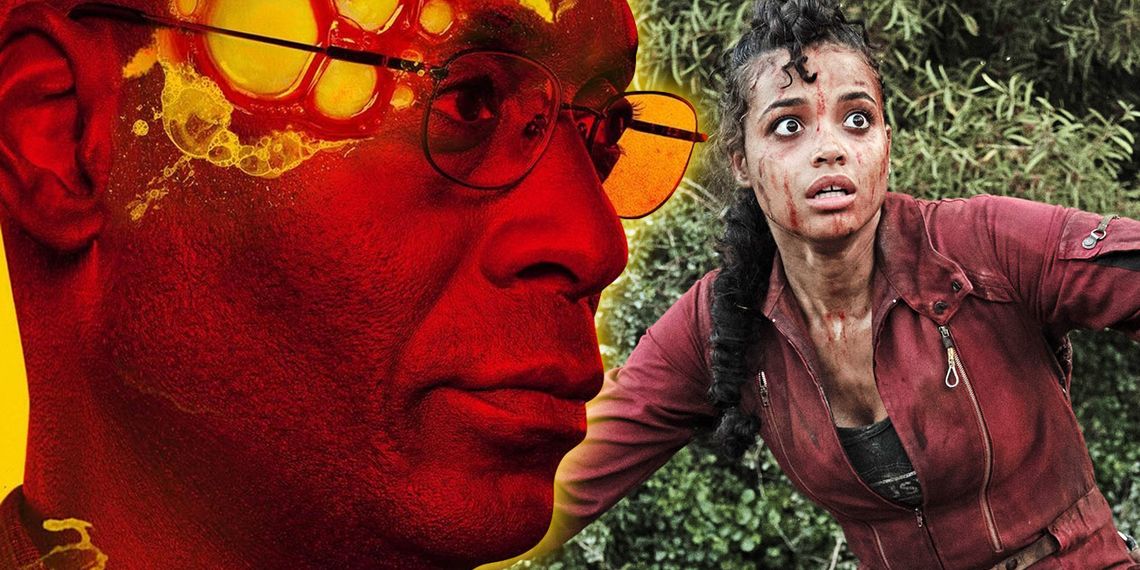
Yes, the show had its flaws. It was often criticized for being too generic, especially when compared to the unique and thrilling world of the Resident Evil games. “The series’ present timeline was a generic post-apocalypse that had too much in common with the likes of The Walking Dead,” says one review. But let’s not forget that the series also had its merits.
The Silver Lining: What Netflix’s Resident Evil Got Right
“Netflix’s Resident Evil thrived precisely because it ignored the games’ canon to forge its own path,” explains a fan.
The series took liberties, and that’s not necessarily a bad thing. It gave us a fresh perspective on the Resident Evil universe, focusing on new characters and storylines rather than rehashing the same old narratives. It was a bold move, and one that could have paid off if given the chance.

The show also managed to weave in social commentary, albeit not groundbreaking, about mega-corporations prioritizing profit over people. It was a different take, and one that could have been explored further in future seasons.
The Fan Divide: Why the Resident Evil Community Couldn’t Get On Board
“Fans claimed that the series would’ve been better if it just faithfully adapted the games,” says one source.
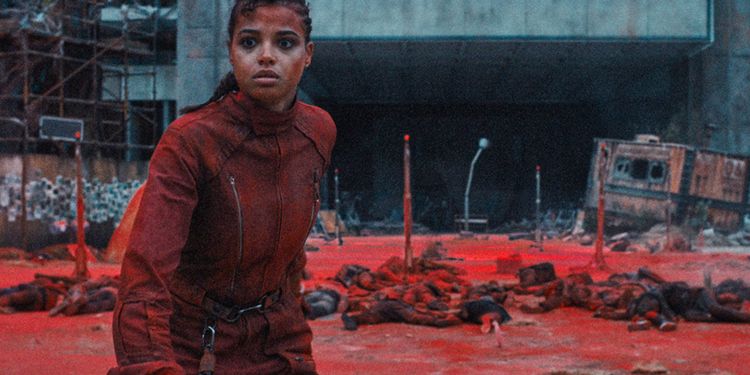
The Resident Evil fanbase is a tough crowd. They have specific expectations, and when those aren’t met, the backlash can be severe. The series’ use of comedy and family drama was a point of contention, as was its decision to focus on new characters.
But here’s the thing: Resident Evil as a game series has always been a bit campy. It’s part of its charm. The Netflix series could have leaned into this more, but the vitriol it received for even attempting to be different was arguably unwarranted.

The Unspoken Issue: The Role of Prejudice in the Backlash
It’s an uncomfortable topic, but one that needs to be addressed. The series featured a diverse cast, including Lance Reddick as Albert Wesker, a character who is traditionally portrayed as white. This led to a wave of hate campaigns and review bombs, overshadowing any legitimate criticisms of the show.
“Netflix’s Resident Evil was overshadowed by manufactured and unjustified poor word of mouth. It was only later when people realized that the hate was insidiously exaggerated,” says a critic.
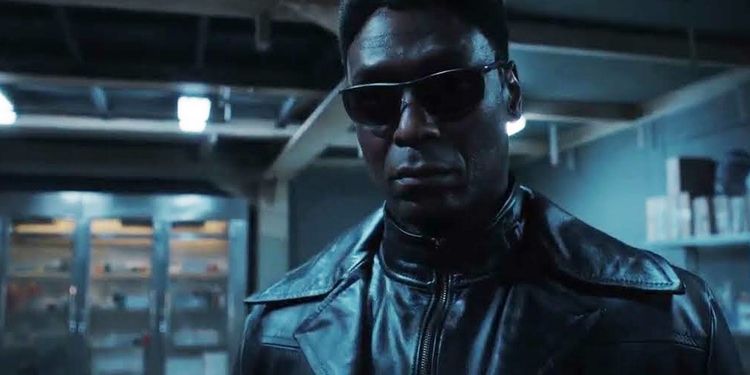
The Legacy: An Adaptation That Could Have Been
Netflix’s Resident Evil may never get a second season, especially following the tragic death of Lance Reddick. But that doesn’t mean it should be forgotten. It took risks, and while not all of them paid off, it offered a different take on a well-worn franchise.
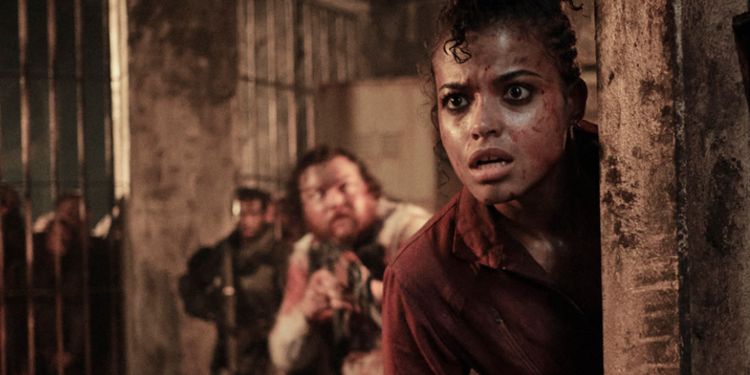
“In hindsight, it’s easier to recognize Netflix’s Resident Evil as the best Resident Evil adaptation, and one of the better adaptations of its kind,” says a fan.
So, before we write it off as another failed video game adaptation, maybe it’s time to give Netflix’s Resident Evil another chance. Who knows, it might just become a cult classic in the years to come, much like how video game movies like Silent Hill and Street Fighter have found their audience over time.


